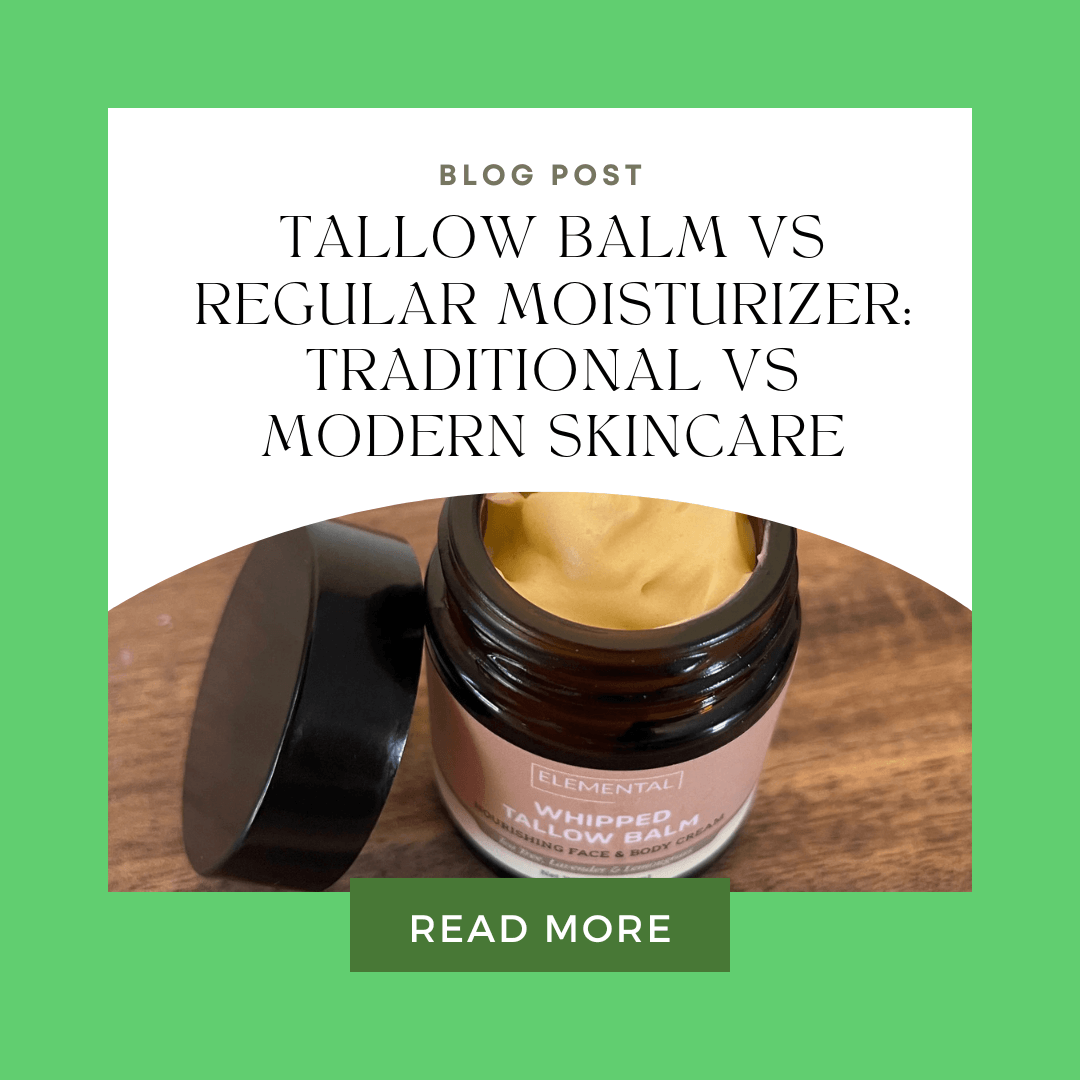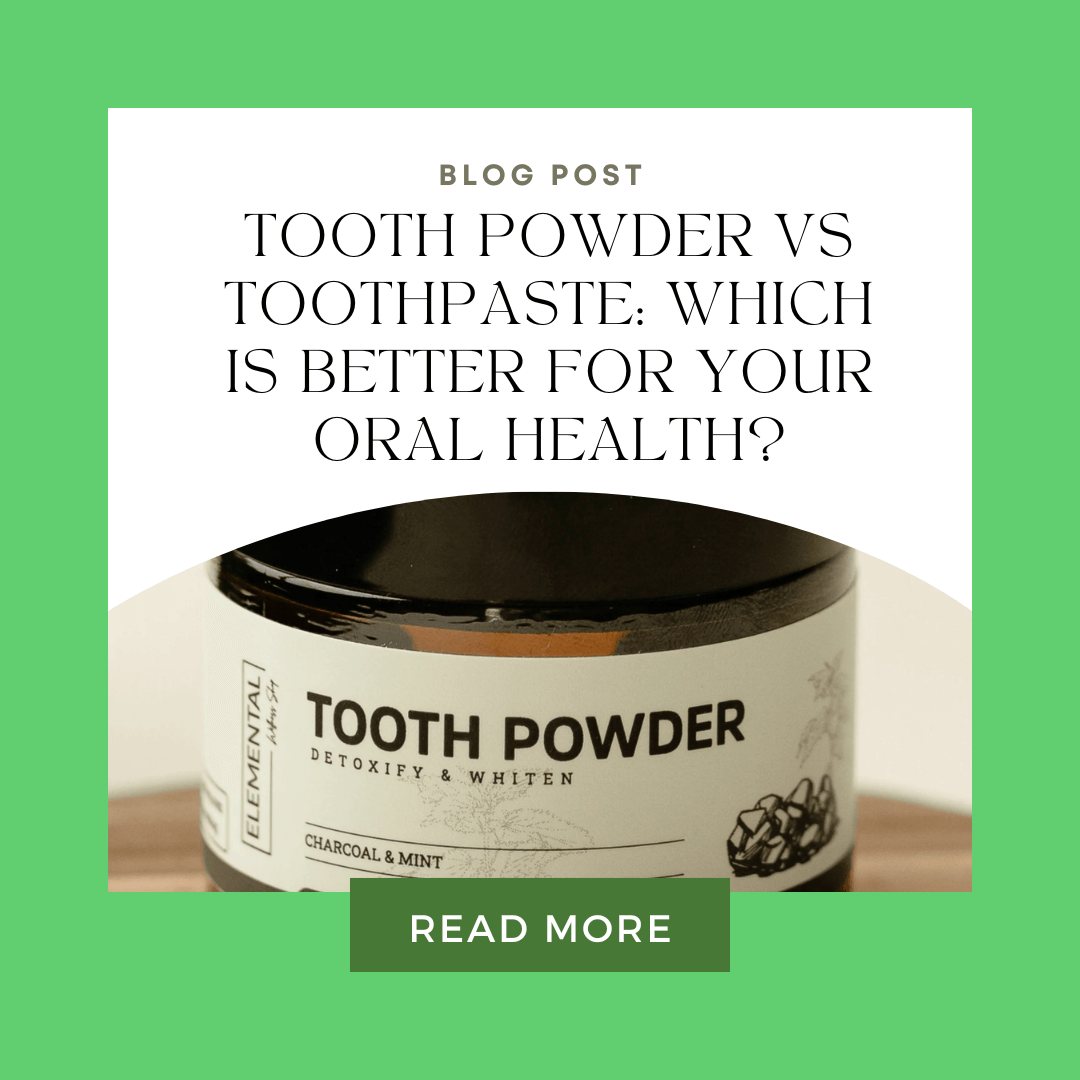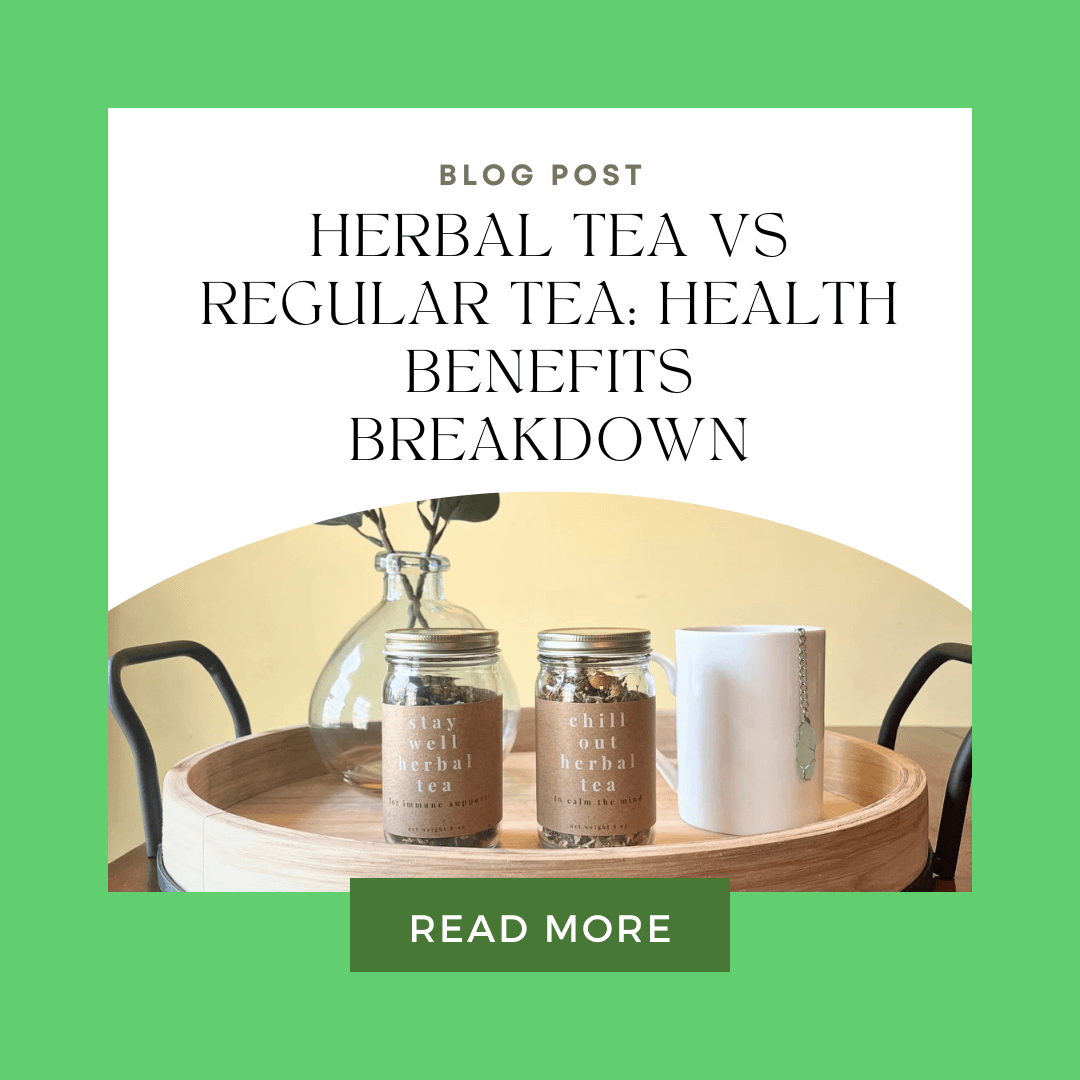The Benefits of Using Probiotic Skincare for Seborrheic Dermatitis
Seborrheic dermatitis is more than just an annoying skin condition—it can significantly impact your confidence and comfort. While prescription treatments often come with side effects, probiotic skincare offers a natural, gentler approach. Let’s explore how probiotics can benefit those dealing with seborrheic dermatitis and why natural probiotic soaps might be your skin’s new best friend.
What Is Seborrheic Dermatitis?
Seborrheic dermatitis is a chronic skin condition characterized by:
- Symptoms: Redness, flaking, itching, and greasy patches, often on the scalp, face, and other oil-prone areas.
- Cause: Overgrowth of Malassezia yeast, an imbalance in the skin's microbiome, and inflammation.
While it isn’t contagious, it can be persistent and difficult to manage. Conventional treatments often include antifungal creams, steroids, or medicated shampoos, which may only provide temporary relief and come with potential side effects.
Are Probiotics a Proven Solution for Seborrheic Dermatitis?
While probiotics sound like a miracle cure-all, it's important to set realistic expectations. The science linking probiotics—whether taken orally or applied topically—to significant improvements in seborrheic dermatitis and dandruff is still developing.
- Oral Probiotics: There’s evidence that adding probiotics (like those found in yogurts or supplements) can positively influence your gut microbiome. However, exactly how this gut-skin connection plays out in real-world skin improvements remains something of a mystery.
- Topical Probiotics: Early research suggests that probiotics applied directly to the skin or scalp may help rebalance the beneficial bacteria and yeast that live there. But while these approaches sound promising, more studies are needed before dermatologists can say with certainty how effective they truly are.
If you’re exploring probiotics for seborrheic dermatitis, think of them as a potentially helpful addition rather than a guaranteed solution.
How Probiotics Can Help Seborrheic Dermatitis
Probiotics—live, beneficial bacteria—aren’t just for gut health. When applied topically, they can restore balance to the skin’s microbiome and reduce inflammation.
Here’s how they work:
-
Restoring Microbial Balance
- Probiotics help rebalance the skin’s microbiome by encouraging the growth of good bacteria that naturally keep yeast, like Malassezia, in check.
-
Reducing Inflammation
- Certain probiotic strains produce anti-inflammatory compounds that soothe redness, irritation, and itching—common symptoms of seborrheic dermatitis.
-
Strengthening the Skin Barrier
- Probiotics support the skin’s protective barrier, helping it retain moisture and defend against environmental triggers that worsen symptoms.
-
Natural Antifungal Properties
- Some probiotic strains release substances that naturally inhibit yeast overgrowth, reducing flare-ups without the need for harsh chemicals.
Should You Use Oral, Topical, or Both?
When it comes to probiotics for seborrheic dermatitis, you might wonder whether it’s best to focus on skincare products, supplements, or a blend of both. The answer isn’t entirely one-size-fits-all, but here’s what current research and experience suggest:
-
Combination May Offer More Comprehensive Results
Topical probiotics work directly on the skin’s surface, rebalancing the microbiome and soothing irritation where you need it most. Meanwhile, oral probiotic supplements (like those from trusted brands such as Garden of Life or Culturelle) can help support your skin from the inside out by enhancing gut health and immune balance.
Using both approaches together may offer synergistic benefits—strengthening your defenses internally and externally. -
Listen to Your Body
Everyone’s skin is unique. Some people see significant improvements with just a topical probiotic soap or cream. Others may benefit from adding an oral supplement to their daily routine. It’s a good idea to start slowly, noticing how your skin responds, and consult with a dermatologist to tailor the approach to your needs. -
Be Aware of Possible Side Effects
Probiotics are generally well-tolerated, especially when used topically. However, oral supplements can sometimes cause mild digestive changes—think bloating, gas, or minor discomfort—as your body adjusts.
Finding your ideal routine might take a little experimentation, but many find that combining oral and topical probiotics provides the best results for their skin health.
What Does Research Say About Oral and Topical Probiotics for Scalp Conditions?
Emerging research points to promising benefits of probiotics—both oral and topical—when it comes to scalp-related skin issues like seborrheic dermatitis and dandruff.
For example, a clinical study looked at participants taking daily supplements containing Lactobacillus paracasei, a probiotic strain common in many over-the-counter probiotic products. Compared to those given a placebo, people who took oral probiotics experienced less dandruff, reduced redness, and milder itching on the scalp by the end of the trial.
Scientific reviews have also highlighted that both topical and oral probiotics may help. In many cases, improvements in symptoms such as flaking and irritation were linked to probiotics influencing the skin’s natural immune response, especially strains like L. Paracasei. This suggests that probiotics can support the skin’s ability to calm inflammation and manage yeast imbalances—the very issues at the root of seborrheic dermatitis.
Still, it’s important to note that the science is young, and there’s ongoing debate about exactly how oral probiotics—which primarily work on your gut microbiome—affect the health of your skin and scalp. Topical probiotics, which are applied directly to problem areas, appear to work by boosting beneficial bacteria right where they’re needed, encouraging a friendlier and more balanced skin environment.
In short, while research is still unfolding, the early evidence supports including probiotics as part of a holistic routine for tackling scalp issues, especially if you’re aiming for a gentler, more natural approach.
Limitations and Uncertainties with Probiotic Skincare
While the benefits of probiotics for seborrheic dermatitis sound promising, it’s important to keep perspective—there are still a few question marks lingering in the scientific world.
What We Don’t Know Yet
-
Not All Probiotics Are Created Equal
The research is still in its early stages, and there’s no universal agreement on which strains, doses, or formulations work best for seborrheic dermatitis or dandruff. What helps one person might do little for another. -
Oral vs. Topical: The Jury’s Out
Studies show that oral probiotics can influence your gut’s microbiome, but how exactly that translates to improvements in skin health is still unclear. Topical probiotics seem promising for rebalancing the skin’s microflora, yet more research is needed to pinpoint the most effective method—or if using both together offers extra benefits. -
Personal Variation
As with any skincare approach, probiotics won’t be a magic solution for everyone. Each person’s skin and microbiome are unique, so results can vary quite a bit.
In summary: Probiotic skincare can be a valuable addition to your routine, but patience and a little trial and error are key. Always consult with your dermatologist if you’re considering new supplements, especially if you have underlying health concerns.
The Role of Probiotic Natural Soaps
Using a natural soap infused with probiotics can be a game-changer for managing seborrheic dermatitis. Here’s why:
-
Gentle Cleansing
- Many conventional soaps strip the skin of natural oils, leading to irritation. Natural probiotic soaps cleanse gently without disrupting your skin’s delicate balance.
-
Infused with Skin-Loving Ingredients
- Ingredients like coconut oil, shea butter, and aloe vera in natural soaps provide hydration and nourishment, alleviating dryness and flaking.
-
Delivering Probiotic Benefits Directly to the Skin
- By incorporating probiotics into your cleansing routine, you ensure your skin gets consistent exposure to beneficial bacteria, promoting a healthier microbiome.
-
No Harsh Chemicals
- Natural probiotic soaps are free of sulfates, parabens, and artificial fragrances that can exacerbate symptoms of seborrheic dermatitis.
Why Probiotic Skincare Is Better Than Prescriptions
While prescription treatments for seborrheic dermatitis can be effective, they’re not always ideal for long-term use. Here’s how probiotic skincare offers a safer, more sustainable alternative:
-
Fewer Side Effects
- Steroid creams can thin the skin, and antifungals may cause irritation or sensitivity. Probiotics provide gentle relief without these risks.
-
Addresses the Root Cause
- Rather than merely suppressing symptoms, probiotic skincare works to rebalance the microbiome, targeting one of the underlying causes of seborrheic dermatitis.
-
Holistic and Natural
- Probiotic skincare aligns with a holistic approach to health, avoiding synthetic chemicals and supporting your skin’s natural healing processes.
-
Environmentally Friendly
- Natural probiotic products are often eco-conscious, using biodegradable ingredients and sustainable packaging—better for you and the planet.
-
Suitable for Sensitive Skin
- Prescription treatments can be harsh, especially for those with sensitive skin. Probiotic skincare is mild and nurturing, making it suitable for daily use.
How to Incorporate Probiotic Skincare Into Your Routine
- Cleanse: Start with a natural probiotic soap to gently cleanse the skin while delivering beneficial bacteria.
- Moisturize: Follow up with a probiotic-infused moisturizer to lock in hydration and soothe irritation.
- Stay Consistent: Consistency is key to seeing long-term benefits. Incorporate probiotic products into your daily skincare routine.
Final Thoughts
Seborrheic dermatitis can be challenging, but probiotic skincare offers a natural, effective way to manage symptoms. By restoring balance to your skin’s microbiome and supporting its natural defenses, probiotics not only address the root cause but also promote healthier, happier skin overall.
If you’re tired of prescription creams and their side effects, it might be time to make the switch to probiotics. Your skin—and the environment—will thank you.





